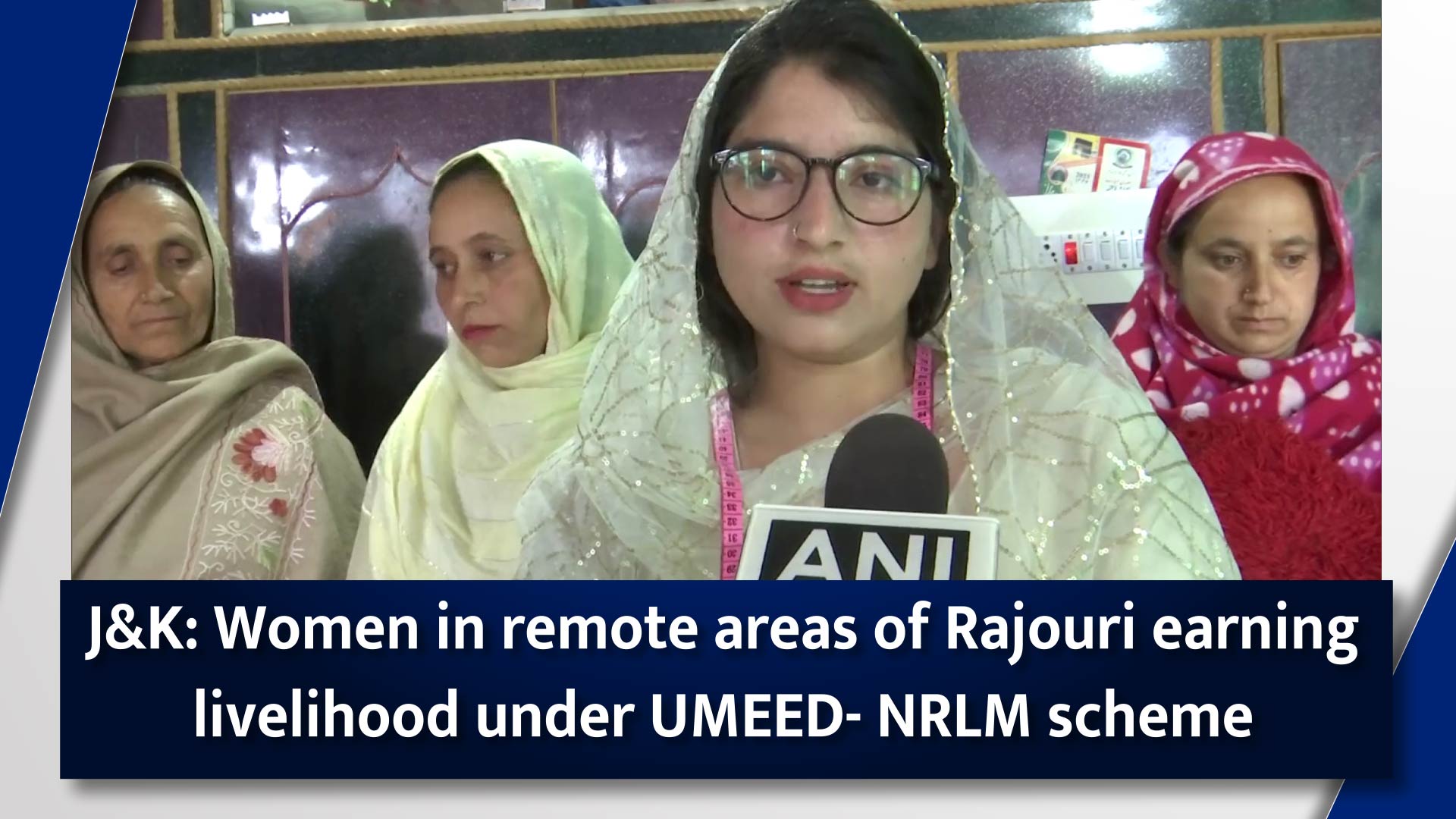UN Official describes situation of Afghan women and girls as regressing
Aug 23, 2022

Kabul [Afghanistan], August 24 : UN Under-Secretary-General for Humanitarian Affairs and Emergency Relief Coordinator, Martin Griffiths called out the Taliban for reopening girls' schools in a statement on Tuesday and said that the situation of Afghan women and girls is very regressing.
"Women and girls are facing alarming rollback on their rights," said Martin Griffiths.
In a statement, "Girls' schools have been closed to female students for a year. One of the presidents of India has said that "Even if I die, don't close girls' schools because a generation will miss one day of education," Khaama Press reported citing a student, Shabana.
"I ask them to reopen schools, it is our right and we have to get our rights," said Parwana, another student.
Previously, Amnesty International has said that women and girls have been stripped of their rights and face a bleak future, according to Khaama Press.
"Arbitrary detentions, torture, disappearances, summary executions have returned as the order of the day. Women and girls have been stripped of their rights and face a bleak future, deprived of education or the possibility of taking part in public life," Amnesty International's South Asia Regional Director, Yamini Mishra said.
"The doors of the schools have been closed for a year, while officials and international organizations worsen the situation, and none of them takes any concrete effort to get out of this situation," said Ai Noor Uzbek, a women's rights activist, condemning the situation of Afghanistan and the atrocious regime of Taliban.
The Taliban regime in Afghanistan has drawn heavy criticism across the world for a decree banning girls from school above grade sixth. It has been over 300 days since girls' schools have been closed, Kabul's officials have said that it depends upon the order of the leader of the Taliban. A decision taken by the Taliban prevented girls from returning to secondary school which meant that a generation of girls will not complete their full 12 years of basic education. At the same time, access to justice for victims of gender-based violence has been limited by the dissolution of dedicated reporting pathways, justice mechanisms and shelters.
Earlier, UN Rights Chief, Michele Bachelet also expressed concern over alleged Human Rights Violations and abuses against civilians in the northern provinces, including arbitrary arrests, extrajudicial killings, and torture, calling on all parties to the conflict to "observe restraint and to fully respect international human rights law".
"Restrictions on freedom of opinion and expression, the right to peaceful assembly, and the right to participate in public affairs have all had a chilling effect on individuals and communities," the chief stated.
And despite Taliban authorities' repeated commitments to respect human rights, civic space has shrunk rapidly and dramatically since their return to Kabul.
The plight of Afghan women has continued to be deplorable in the country. Contrary to the Taliban's claims, girls were stopped from going to school beyond sixth grade on March 23 and a decree against the women's dress code was issued after a month.
There are restrictions on movement, education and freedom of expression of women posing a threat to their survival.
Not only this, the lack of female healthcare workers has prevented the women from accessing basic medical facilities, and the international donors, who fund 90 per cent of health clinics, are hesitant to send money because of their fear of the funds being misused.
Around 80 per cent of women working in the media have lost their jobs, and almost 18 million women in the country are struggling for health, education and social rights.



















